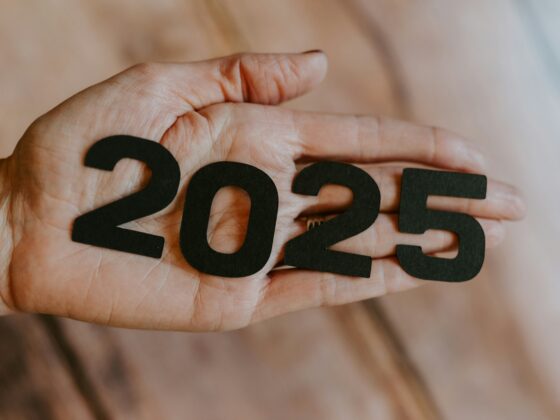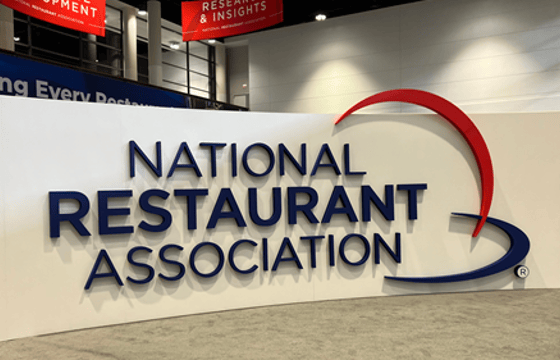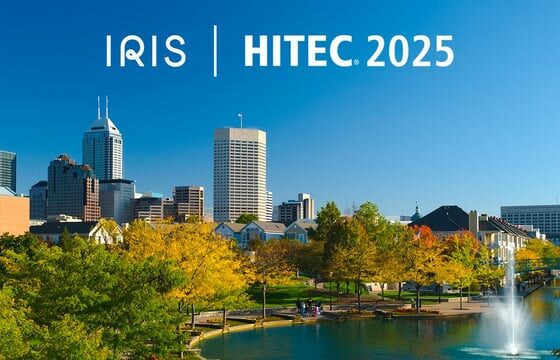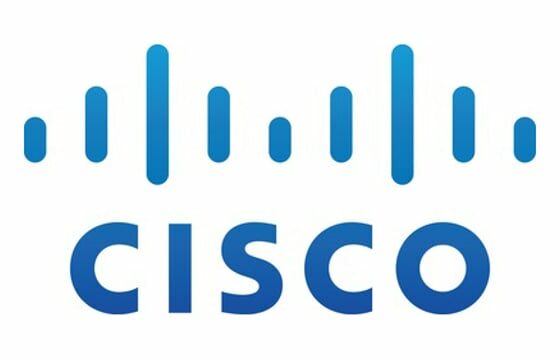
Speaking at a conference in Paris on AI in travel and hospitality, surrounded by experts, tech firms, AI researchers, airlines, and more. A great event in a great hotel. What surprised me was the atmosphere of some: cautious, skeptical, even mildly dismissive when it came to AI. A recurring attitude? “Let’s be careful,” or “Don’t change too much” sprinkled with a bit of annoyance by some. I think that is a counter-productive angle to AI.
Here’s the thing: any technology that reduces friction/effort and makes life easier will be adopted. That’s not a theory; it’s a law of behavior. Generative AI has one of the lowest effort-to-reward ratios I’ve seen. As a corollary, in my opinion the metaverse hasn’t taken off because the effort-to-reward ratio is too low. Type a request into a chatbot and you get usable response in seconds, on a device you already have. That’s already changing how we work and learn. Yes, the answers often contain errors, they’re still better and faster than anything we had before. And infinitely better than yet another mega-multi-level interface of most business tech solutions.
(Did you know that this is just an excerpt from the complete and free newsletter that is available here? Sent out once a week, original viewpoints, insights and interesting things to read.)
Some people say, “Let’s measure the risks.” But honestly, we can’t. When smartphones came out, no one predicted TikTok dances or teenage screen addiction. Many (even smart people) predicted smartphones would flop. So how exactly are we going to forecast all the societal effects of AI? We can’t. But we know there will be some and we will need to course-correct.
In hospitality, the risks aren’t about kids stuck on ChatGPT instead of playing outside. Our concern should be missing the opportunity to make our work faster, better, and more human by offloading the repetitive parts of the job to AI. Whether it’s guest messaging, maintenance scheduling, reconciliation of statements, pricing or the other ideas you will figure out. The AI shift has happened it is just a question of time for it to be embedded into everything.
So let’s stop worrying about whether we should use AI and start figuring out how we will, and let’s tackle this with enthusiasm not the cautious approach. Because the friction is low, the benefits are high, and our guests’ adoption is inevitable.
And as for the person at the event who warned me about AI’s carbon footprint? I get it, but maybe we could use AI to find other wasted resources, and inefficient systems, that could reduce our carbon footprints even more.
The future isn’t something we carefully move toward; it is coming at it’s own pace and we either get with it or get left behind.
I’d love to hear what you think AI could be used for in hotel technology.
Thanks for reading. Subscribe for free to receive new posts.
About me: I’m a fractional CMO for large travel technology companies helping turn them into industry leaders. I’m also the co-founder of 10minutes.news a hotel news media that is unsensational, factual and keeps hoteliers updated on the industry.










